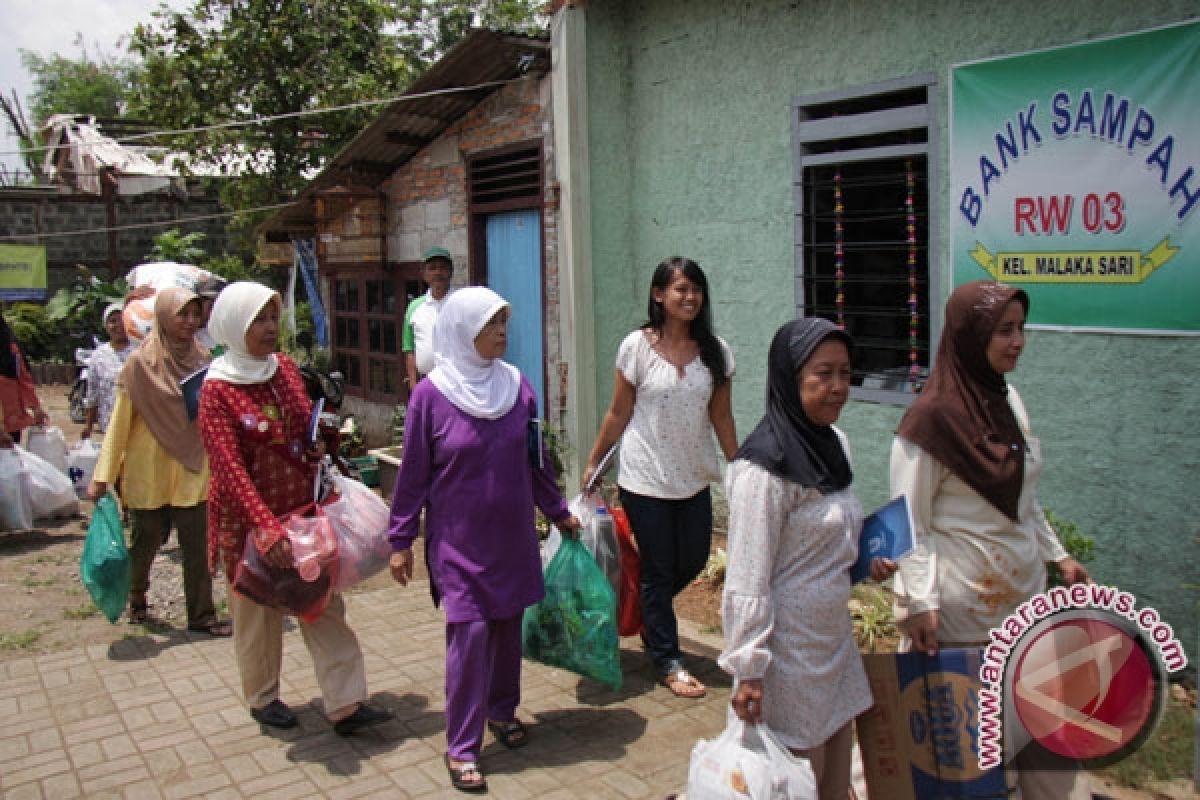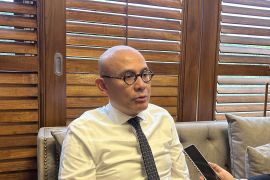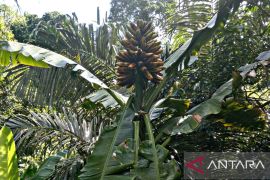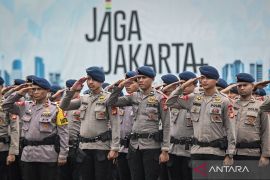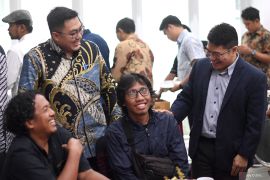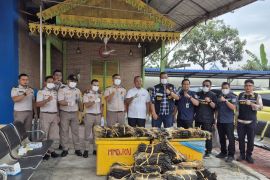Trash is actually a ubiquitous problem in Indonesia as the people either burn their garbage in front of their houses or simply throw it into the rivers, for they have lack of methodical way to deal with it.
Consequently riverbanks in urban as well as rural areas are plagued with massive pile-ups of plastic bottles, empty bags of chips and various types of large and small trash.
But the Ministry of Environment has launched trash bank development program in a bid to raise the circulation of people`s economic value.
When receiving the participants of National Trash Bank technical working meeting in Bantul, Yogyakarta, on Tuesday, Deputy Bantul District Head Sumarno said garbage management activity through trash bank development system was able to empower the people`s economy at grassroots level.
"The people can take advantage of the trash bank development system by sorting, recycling, and saving the wastes whose result can be utilized at a later date," Sumarno said.
According to him, garbage management with a lot of positive impacts through the trash bank development program is inseparable from the participation of people, especially from the grassroots level
"Born through a new processing system, the trash bank will collect and save the garbage that has been sorted by the people and turn it into money," Sumarno pointed out.
In addition, he said that trash bank program can educate the community to create a clean environment from quivering piles of tattered cloth, leftover food and the ubiquitous plastic bottles and cans.
According to Bremen-based Overseas Research and Development Association (BORDA) in Germany, more than 22.5 million tons of garbage are generated in Indonesia every year, and by 2020 Indonesians are expected to throw away 53.7 million tons waste.
BORDA, a close observer of local government capacity in solid waste management, sees basic problems in Indonesian cities, such as a lack of logistics and equipment to get garbage out of neighborhoods.
According to BORDA, most local governments only show limited understanding of why they should maintain city cleanliness in the long term.
But Environment Minister Gusti Muhammad Hatta has said the trash bank development program is expected to reduce the problem and raise the circulation of people`s economic value.
The environment minister said in Yogyakarta on Monday that trash bank development program in the country could make people`s economy grow, especially at household level.
Gusti pointed out that if in trash bank the circulation of economic value was ranging from Rp750,000 to Rp1 million per month, the value would rise by Rp9 million in one year.
The minister explained that the trash bank development program was a sorting strategy implementation in an effort to limit the garbage in the waste management at community level with the pattern of incentives.
Gusti said the implementation of trash bank in principle was a social engineering to urge people to sort garbage.
"Trash bank is an innovative solution for the people, especially house-makers and children to familiarize themselves with garbage sorting by equating it with money or other valuables that can be saved," he said.
He expressed hope that the people in the long run would have a knowledge to value the garbage according to its type and to sort it properly so as to limit landfill waste.
By 2014 the Ministry of Environment has set itself a target to develop trash banks in 250 cities across Indonesia with 25 trash banks in each city.
The minister said that a housewife who has the capability to value the trash and sort it according to its type will have an additional income of around Rp350,000 per month.
"And the trash bank officials can have additional income of around Rp100,000 to Rp400,000 per month," he said.
Therefore the environment minister invites all people to actively manage the trash problem properly in order to reduce green house gas emission.
Meanwhile, trash bank initiator in Yogyakarta, Bambang Suwerda, said the garbage bank existence can also change the social status of scavengers who roam the garbage heaps to pick out inorganic waste.
Bambang said the scavengers who brave the heat to comb through the mountains of trash for anything salable virtually contribute to solve the waste problem.
He added that through the trash bank development program, the scavengers would have clear access to work with waste collectors and waste receptacles in a number of factories.
Seeing that the trash bank management system has been able to empower environmentally-based people`s economy, Bambang said around 150 villages across Indonesia have implemented it.
He said that until recently many areas in the country have implemented waste management through trash bank system.
According to him, Bantul district and a lot more regions across the country continue to build a network to multiply the number of trash banks in Indonesia.
"By building a network, the regions will be able to share knowledge and experience about the way how to manage waste through the trash banks," Bambang said.
(Uu.O001/H-NG)
Reporter: By Otniel Tamindael
Editor: Priyambodo RH
Copyright © ANTARA 2011
